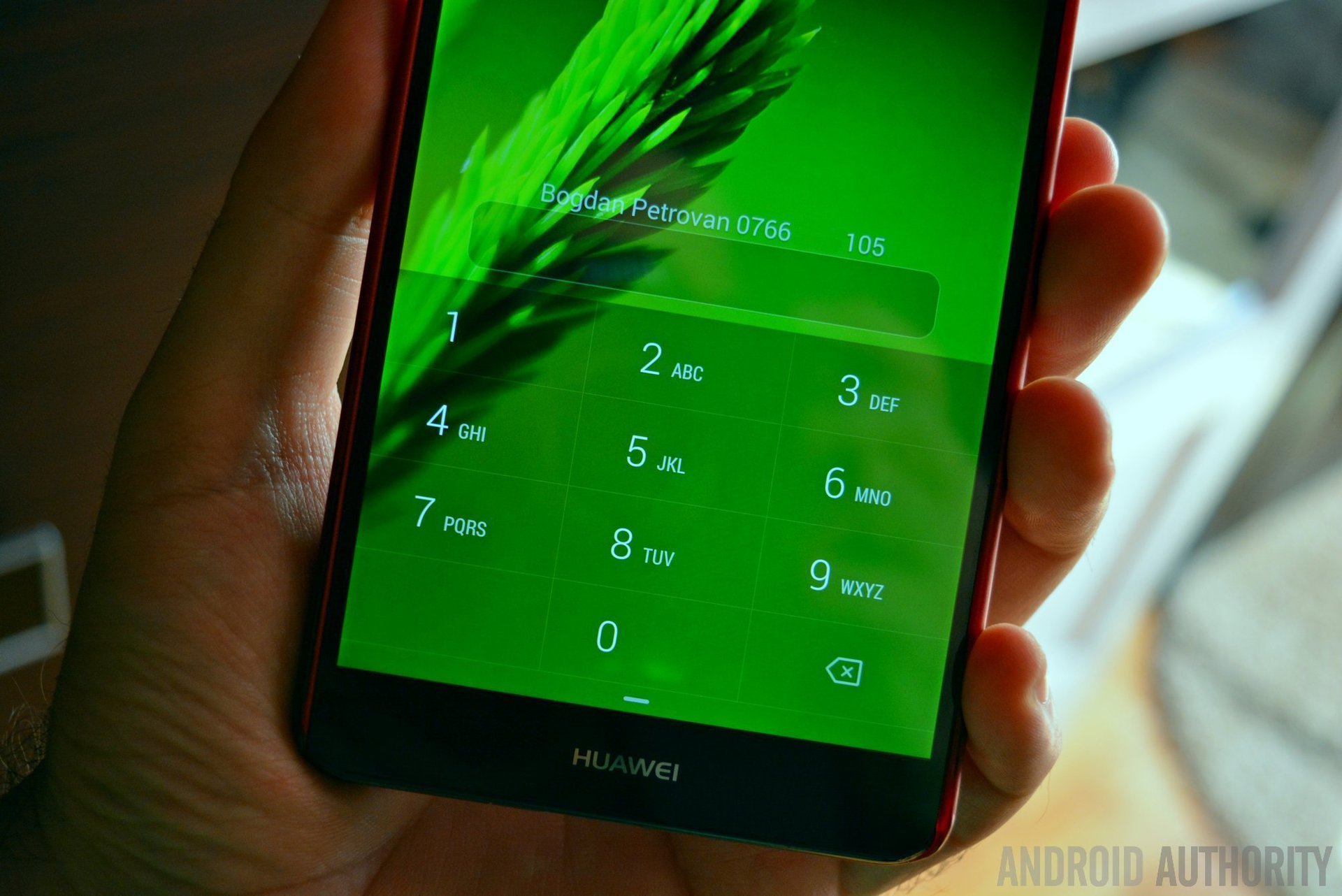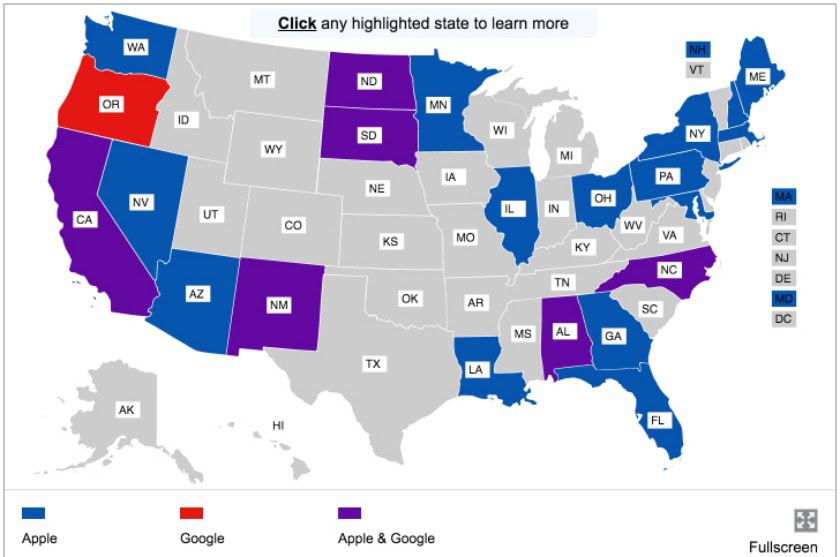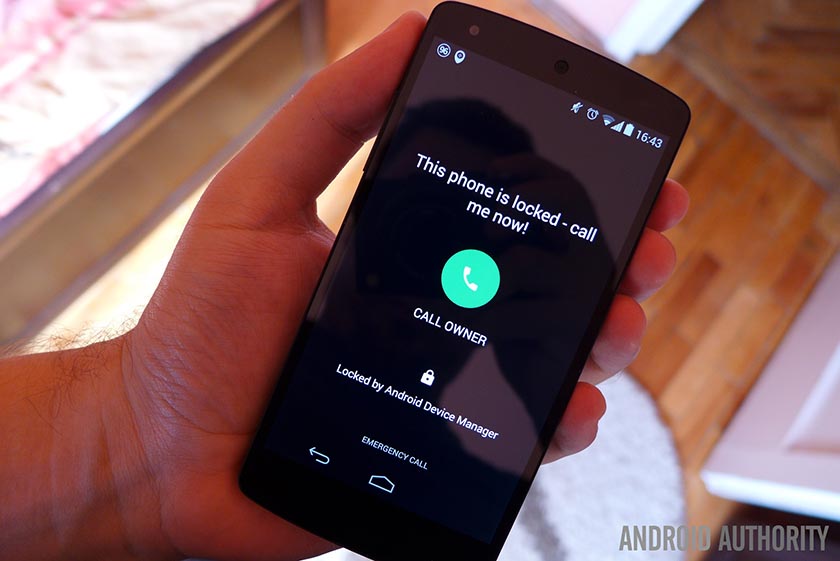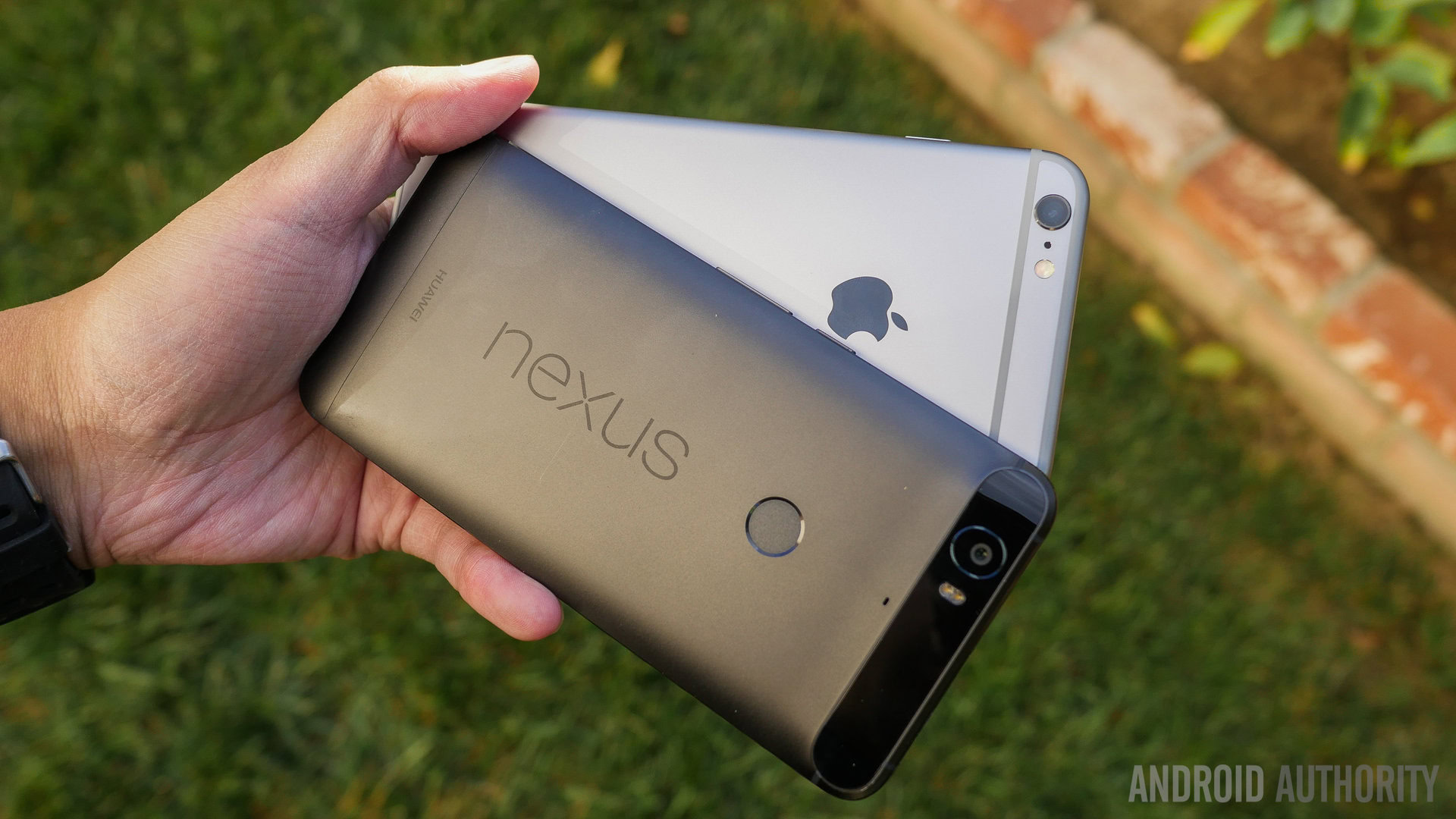Affiliate links on Android Authority may earn us a commission. Learn more.
Google also in the firing line in the FBI's war on encryption

Apple may have had a close brush with the Department of Justice recently over its refusal to help the FBI unlock the San Bernardino shooter’s iPhone, but Google is also under fire from the federal government. The American Civil Liberties Union (ACLU) has released an interactive map of the United States to highlight where the federal government has taken both Apple and Google to court to compel co-operation in unlocking devices.

The ACLU has uncovered 63 cases dating back to 2008 where the government has sought the assistance of Apple or Google to unlock a suspect’s mobile device, using the contentious All Writs Act of 1789 to justify the demands. The vast majority of these requests were to Apple – 52 in fact – but nine targeted Google.

Until late last year, when Apple started resisting such requests, they were apparently a routine part of Justice Department investigations into what are mostly drug cases. While the San Bernardino case was frequently referred to by the FBI as being about just one phone, Apple CEO Tim Cook knew what he was talking about when he claimed it was about much more than the legal case at hand.
Google has repeatedly found itself under pressure from the federal government to assist in unlocking Android phones.
While Apple has taken the spotlight in the war on encryption, Google has also repeatedly found itself under pressure from the federal government to assist in unlocking Android phones as well. Encryption is not always the issue, but gaining access to an otherwise locked down device is. Quite often this results in reseting the password.

A Google spokesperson told The Wall Street Journal, “We carefully scrutinize subpoenas and court orders to make sure they meet both the letter and spirit of the law”. But compared to the recent case against Apple, Google has denied ever having received such demands, nevertheless stating it too would “strongly object to such an order”.
The ACLU’s findings go to show just how sustained the Justice Department’s efforts have been regarding using the ambiguous All Writs Act to compel technology companies to routinely assist in bypassing or undermining the security features of their devices and platforms. Not all have been as high profile as the recent Apple case, but it’s plain to see this has never been about just one phone.

While the dangerous precedent in that case may have been narrowly avoided, there is already a well established modus operandi in action. The ACLU is investigating another dozen or so cases and will be updating the interactive map with further details as they arise. You can click through any of the cases on the map to access the relevant court documents from the cases.
Does this pattern surprise you? Does the Fourth Amendment outweigh private company’s rights?
Don’t miss: How to encrypt your Android device